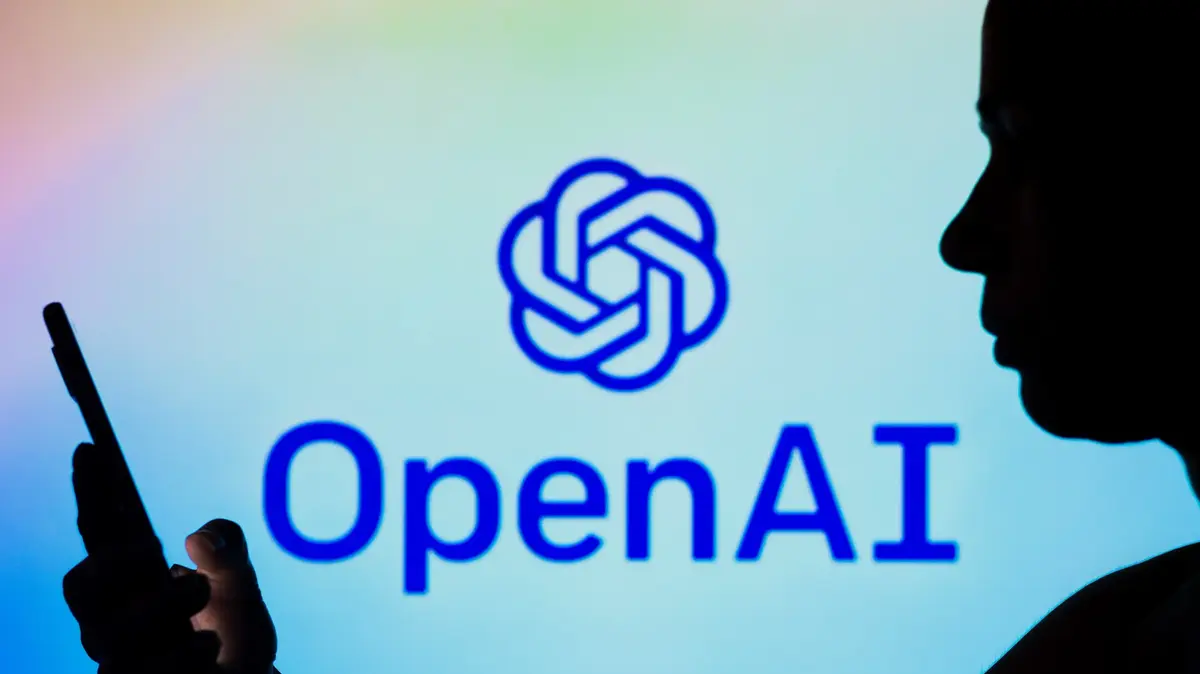The AlphaCode system, developed by DeepMind (Google), uses artificial intelligence to program 'software'.
Equality is a fundamental right that, linked to freedom and the principles of social justice and equity, must necessarily exist for a State to function as a true democracy.
More specifically, the fight for gender equality rises as an essential imperative, since it affects the most primary and permanent gap in our history, the inequality between men and women.
If we go back to the appearance and development of gender equality in the European legislative framework, article 2 of the 1992 Maastricht Treaty, reinforced after the Amsterdam Treaty (1997) with a new article 3, was a milestone: it established the "equality between men and women" as one of the priorities of the nascent European Union, introducing this criterion as a mandate for the legislator when preparing and applying the law.
The Fundamental Charter of Fundamental Rights of the European Union, of 2000, strengthened the legal basis of gender equality by giving it recognition as a fundamental right and, almost a decade later, with the Lisbon Treaty of 2009, it was confirmed and reinforced its regulation.
From then on, there is a change in the political situation, where gender comes to occupy a place in the socioeconomic struggle against structural inequalities.
In most advanced democracies, corrective instruments have been developed that have begun the titanic task of correcting an age-old inequality.
Although a theoretical formal equality already exists, this road, in practice, has a long way to go and is fraught with obstacles and resistance.
However, the immediacy of the digital transition that we are experiencing, the transfer from the physical to the virtual environment, the massive use of new technologies, necessarily requires a review or update of the legal frameworks to continue advancing on the correct path and to guarantee that the progress made will not fade away.
The underlying risk in the widespread use of new technologies, including artificial intelligence (AI), is precisely the centuries of history that precede this change and the bias that still exists in our societies.
AI is substantiated by a combination of algorithms designed to make a machine solve problems or develop processes in a human-like way, with infinitely greater accuracy and speed, by learning from a predetermined database.
If we assume that history is neither objective nor impartial and that databases necessarily have intrinsic patriarchal gender constructions, the answers that artificial intelligence will give will have a bias that fosters inequalities.
With the nuance that its effects will be infinitely faster and deeper,
not corrected.
Women have traditionally been excluded from the foreground in historical frameworks and popular culture, and, of course, this is reflected in the data network that feeds artificial intelligence systems.
We must bear in mind that the outreach capacity of these systems has the effect of promoting ideas or behaviors, for example, through social media platforms.
But it can also influence the essential services that citizens receive from public or private institutions, such as individually tailored therapeutic interventions, in the case of the precision medicine sector, or the amount of credit obtained from a bank.
In the end, artificial intelligence is nothing more than a tool that projects or reflects our social and cultural perspective, and it does so in the form of a multiplying lens.
The work that the social democratic family is developing in the debates on the new European Artificial Intelligence Law has the objective of achieving a democratic AI that has a humanistic approach.
And, for this, it is essential that it is established that the systems must be developed, deployed and used in accordance with the Charter of Fundamental Rights, and in a legal, fair and transparent manner, which guarantees privacy and does not discriminate against people, among other reasons, because of their gender.
We also insist on digital illustration: we hope that the Union and the Member States promote the learning of the use of new technologies by all citizens, that they invest in improving knowledge and skills to close the digital gap between men and women,
and that a culture and egalitarian working conditions be promoted in the sector.
Let us not forget the radical imbalance between men and women in the so-called STEM careers (whose acronym in Spanish would be CTIM: science, technology, engineering and mathematics), which fosters very masculinized teams of developers, which, in addition, results in inefficient waste of the talent of half our population.
The Government of Spain addresses the problem following the European trend and establishes as one of the priorities in the 2021 R&D strategy that "developments in AI technologies must avoid negative biases and gender prejudices or other forms of discrimination".
The Spanish Science, Technology and Innovation System (SECTI), an independent body responsible for matters related to professional ethics in scientific and technical research, will play a leading role in verifying that artificial intelligence complies with national standards and Europeans.
In the same way, Spain has a great opportunity to stand out in the world as a more equal space in the opportunities for team development and research.
In a strongly masculinized global environment, active policies in the search for balance between men and women in the sector, combined with others of a more transversal nature, can be a powerful tractor for female talent from all over the world, as Claudio recently pointed out. F. González when he spoke about the geopolitics of AI for Esglobal.
It is in our hands, as a society, to guarantee that the data used to create artificial intelligence systems does not deepen existing inequalities, but that we can take advantage of its potential to move faster along the right path.
And, for this, we not only have to talk about the necessary participation of more women in the decision-making process throughout the production and development chain, but also raise awareness among the general public on issues of equality and influence a regulatory and public policy framework suitable for the desirable and necessary equality between women and men.
A more egalitarian society is not only fairer, but also more efficient.
Andrea Fernández Benéitez
is a deputy in Congress and Federal Secretary for Equality of the PSOE.
Ibán García del Blanco
is a member of the European Parliament, coordinator of the Group of Socialists and Democrats in the Committee on Legal Affairs and in the Special Committee on Artificial Intelligence.
He was a rapporteur for the Legislative Initiative on Ethics applied to Artificial Intelligence, Robotics and Related Technologies, approved by the European Parliament in 2020.
You can follow EL PAÍS TECNOLOGÍA on
and
or sign up here to receive our
weekly newsletter
.
Exclusive content for subscribers
read without limits
subscribe
I'm already a subscriber







